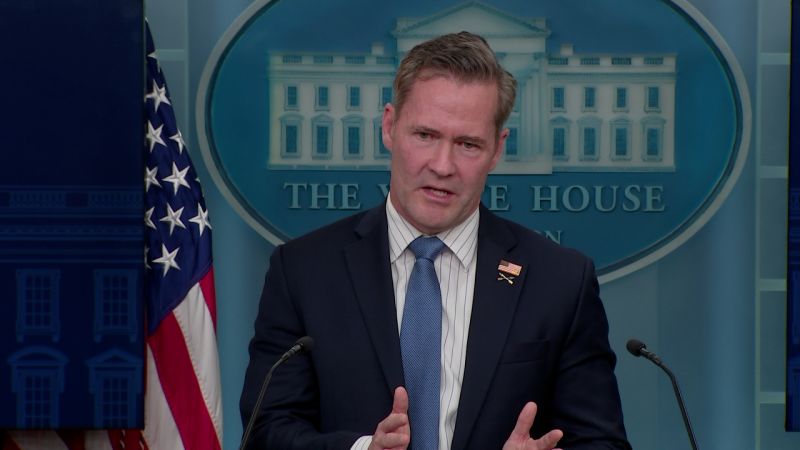Putin Probe: White House Sidesteps Direct Challenge on Trump's Dictator Stance

In a tense White House press briefing, National Security Advisor Jake Sullivan addressed the escalating diplomatic tensions between President Biden and Ukrainian President Volodymyr Zelensky. The advisor shed light on the growing frustration within the administration, particularly highlighting President Biden's recent controversial remarks about Zelensky.
The press conference took an unexpected turn as Sullivan candidly discussed the complex dynamics of the U.S.-Ukraine relationship. While attempting to provide context, he acknowledged the president's visible frustration with the current state of diplomatic communications.
The remarks come in the wake of recent inflammatory comments by the president, who unexpectedly characterized Zelensky in harsh terms that diplomatic experts quickly challenged. Sullivan worked to provide nuance and context to the situation, emphasizing the continued importance of U.S. support for Ukraine during its ongoing conflict with Russia.
Despite the apparent tension, Sullivan stressed that the fundamental commitment to Ukraine's sovereignty remains unchanged, even as diplomatic communications appear strained. The press briefing underscored the delicate balance of international relations and the challenges of maintaining strategic partnerships during times of global conflict.

